Some businesses in Hungary, tied to Viktor Orban and operating in strategic sectors, have Sberbank accounts, as they carry out various projects together with Russian partners. Gas traiders, railroad car builders, transport services, logistics, construction and nuclear energy are among them.
With most of them tied to Viktor Orban through oligarchs who finance political projects, including the Hungarian prime minister’s Fidez party, the opposition in Hungary also suspects they get illegal gains from the performance of public contracts.
That explains why Viktor Orban blocked the sixth package of sanctions against Russia and criticized the ban on Russian oil supplies, claiming that would be “an atomic bomb for the Hungarian economy.”
The European Commission, with the sixth package of anti-Russian sanctions, wants to impose restrictions on Patriarch Kirill, “ban” Russian TV channels and disconnect Sberbank from SWIFT.An analysis shows, however, that the sixth package of sanctions will mostly affect Viktor Orban’s inner circle, called the Post-Communist Mafia State by the 2016 Noran Libro Kiadó study.
Hungary’s government has firmly opposed EU plans to include Russian energy exports in its sanctions against Moscow, arguing that 85% of Hungary’s gas and more than 60% of its oil comes from Russia. But with the business close to Orban having a monopoly on Russian gas trade, his economic ties to Russia are the main reason for Budapest to back the Kremlin’s interests.
Hungary has obviously, just as in 1938, chosen the wrong side of the global conflict. Effort by the Orban regime to ease sanctions on Russia and benefit from Moscow, providing it with the routes to enter the European market, reveals the EU and NATO Achilles’s heel, and shows high level of political corruption in Budapest.
That owes to total corruption in Hungary, as Moscow uses it to infiltrate the highest levels of government, corrupt Viktor Orban’s circle, and boost pressure on domestic, foreign and economic policy of this nation.
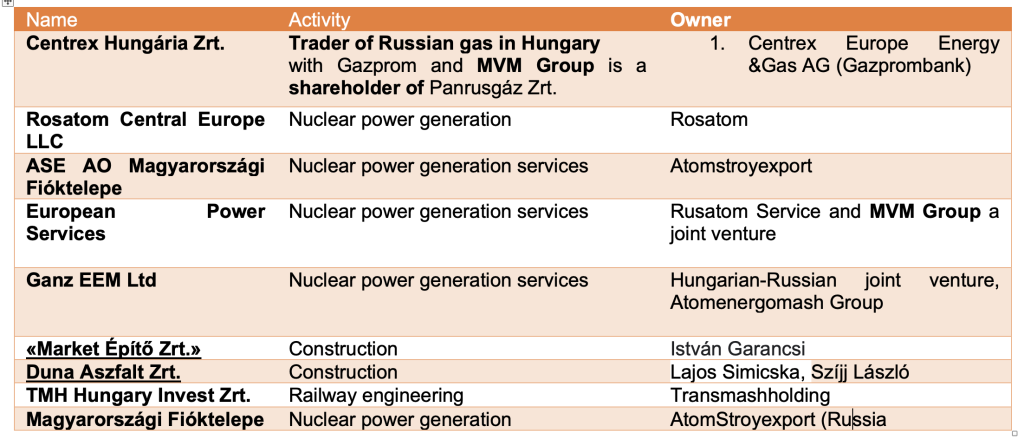
Hypothesis that the sixth package of sanctions and Sberbank disconnectionfrom SWIFT would damage the Hungarian economy is not confirmed. As U.S. imposed sanctions on Sberbank, e.g., the EU Dispute Resolution Body ordered to liquidate Sberbank Europe AG in Austria, that is also the parent bank for Sberbank Magyarország Zrt. Thus, Magyar Nemzeti Bank revoked Sberbank Magyarország Zrt’s licence and initiated its liquidation by court.
That makes any resistance by Budapest to the sanctions on Sberbank pointless. But if Sberbank helped to enrich corrupt Hungarian elite, the resistance by Orban and his oligarchic circle makes sense. If we assume, especially, that some Hungarian oligarchs are the ones who are linked to the Kremlin.
Opposition believes Simicska is one of the oligarch who may be linked to Moscow. He was the mastermind behind nefarious coalition pacts, secret deals to form political cartels, and call option treaties between Fidesz and MSZP, the successor of the Hungarian communist era state party. He backed Viktor Orbán when, as the leader of Fidesz, his power inside the party and beyond began to wane. Orbán gave complete authority to Simicska in deciding finance and energy policies. Lajos Simicska, therefore, has business with Russia, that is why he resists the sanctions against Russia.
The Research by the Corruption Research Center of Budapest (CRCB) at the behest of Energiaklub Egyesület says that, between 2011 and 2015, state-owned MVMP used, on the basis of ministerial authorization, a significant part of the Austrian-Hungarian gas pipeline. Normally a public tender should have been held. The theoretical basis for the authorization was to replace the 585 million cubic meters used to decrease utility costs. However, it was possible to bring much more gas into the country in this way, 2.9 billion cubic meters annually. The state MVMP used much of the capacity it had to purchase natural gas at the Austrian border from a Hungarian-Russian-owned, Swiss-based company called MET which it immediately returned to it on the other side of the border.
Because at that time gas happened to be cheaper in the West than what it cost on average in Hungary, this was an enormous opportunity for MET. It is also worth attention that a significant part of the 585 million cubic meters taken from reserves was sold to MET.
The study summarizes the ten individuals its authors believe were the most important between 2011-2014 around MET (Magyar Energiakereskedő):
- Zsolt Hernádi (MOL CEO and Chairman)
- Benjámin Lakatos (one of the owners of MET and later MET Holding)
- Sándor Csányi (OTP CEO and MOL deputy chairman)
- Megdet Rahimkulov (a former MET owner)
- István Garancsi (one of the owners of MET)
- György Nagy (one of the owners of MET)
- Ilja Trubnikov (one of the owners of MET)
- Viktor Orbán (Prime Minister of Hungary)
- Vladimir Putin (Russian Federation President)
- Csaba Lantos (Chairman of MET and of MET Holding)
The study addresses in detail the roles of the Russian owners. MET (at that time the Magyar Energiakereskedő) was founded in 2007 by MOL. The company was 100 percent owned by the state. In 2009 the first Russian joined the ownership of the company. Then half of the company was purchased by Normeston Trading Ltd., a company registered in the central American country of Belize. According to an interview with a former MET director, they were needed for their connections with the Russian gas market, which is to say that presumably they could obtain gas.
Russians did not need to be in the picture on the basis of the original concept. They were brought in to help obtain gas, even though in 2011-12 the company stressed that they were buying gas from the western European markets which, in theory, required no Russian connection.


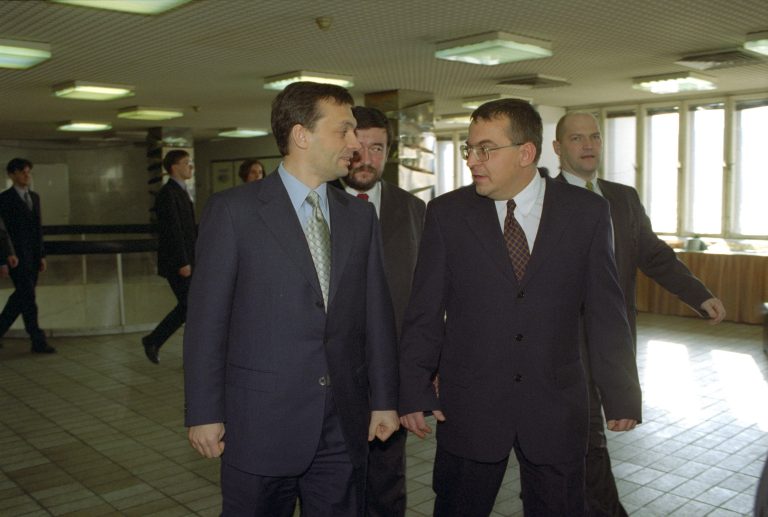
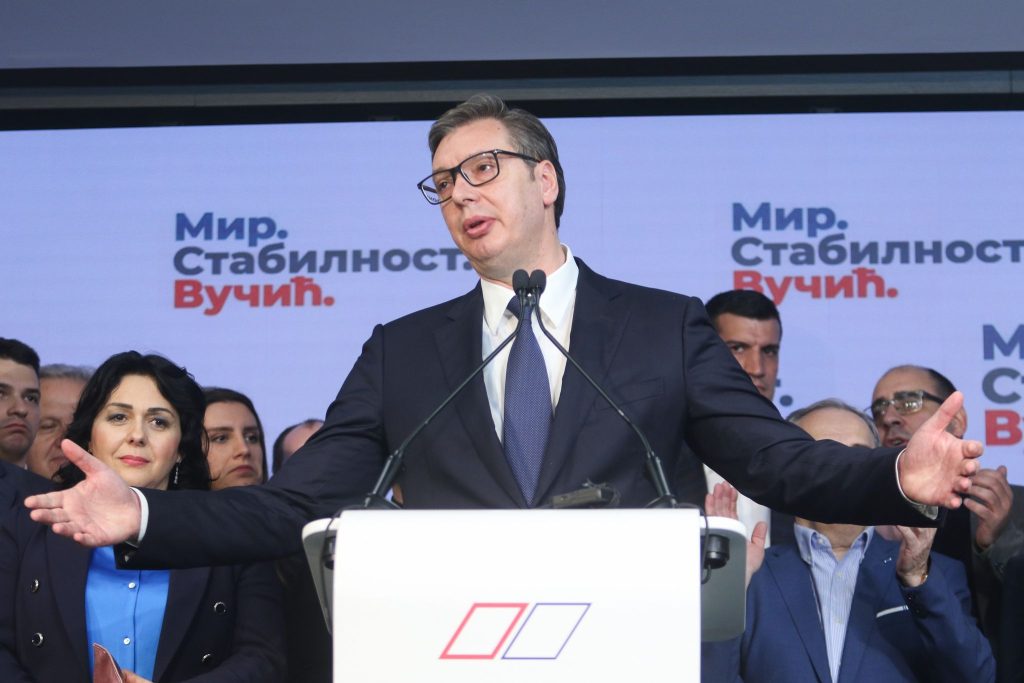
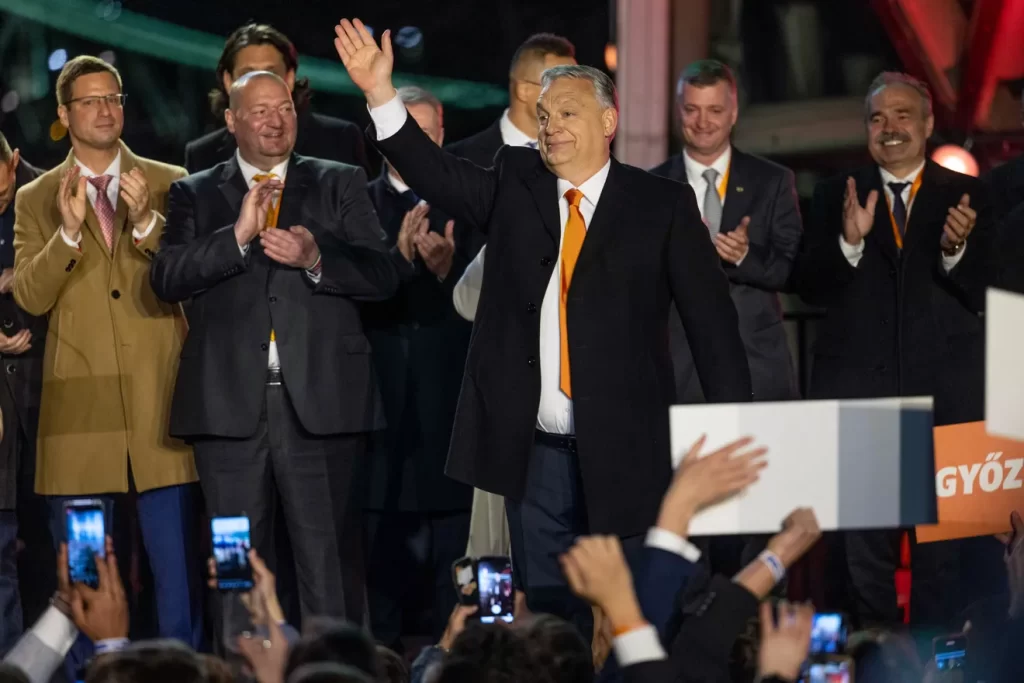
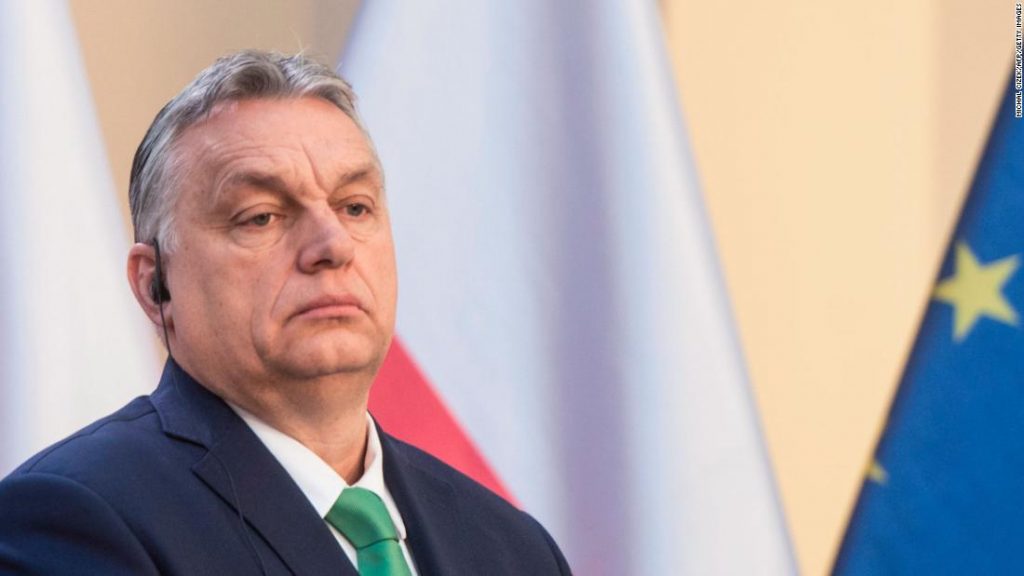


Pingback: Insights: Week of May 9, 2022 - FiveBy